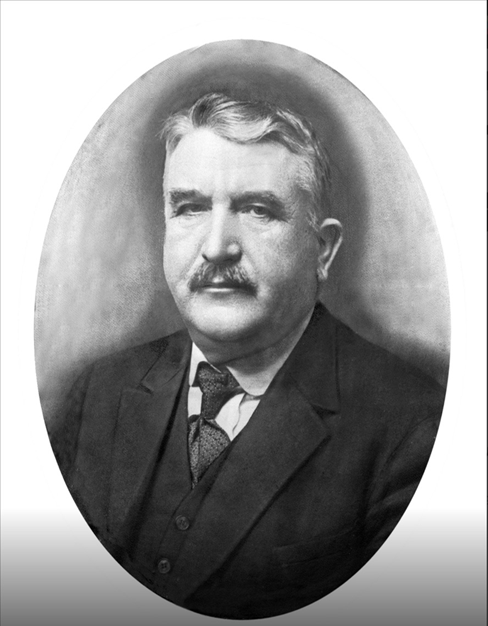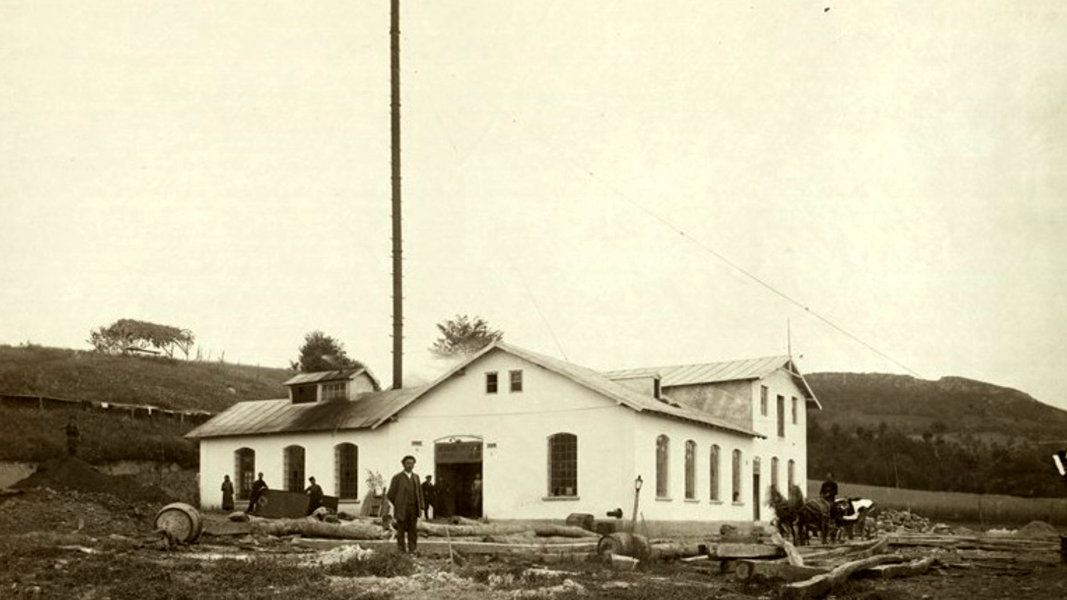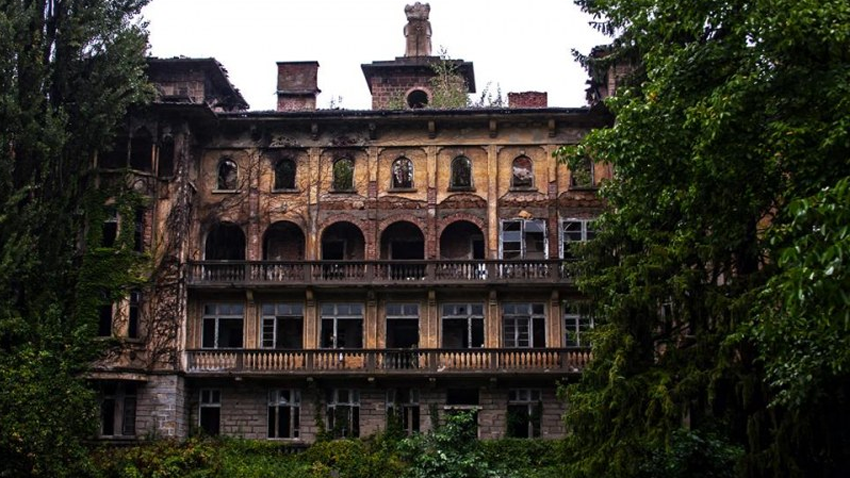 When we hear stories about kindness, philanthropy and empathy, we most often think of the past times of the "old" Bulgarians. The more we open our minds and hearts to the past, the bigger the hope that old virtues are not dead and could be revived today.
When we hear stories about kindness, philanthropy and empathy, we most often think of the past times of the "old" Bulgarians. The more we open our minds and hearts to the past, the bigger the hope that old virtues are not dead and could be revived today.
Pencho Semov is one of those Bulgarians who embraced the enthusiasm of the newly liberated homeland and created modern industry thanks to his entrepreneurialism. Born in 1873 in the village of Tsvyatkovtsi near Gabrovo, the entrepreneur did not study at foreign universities. But his bright mind, his desire for knowledge and his courage to follow brave and brilliant ideas turned him into a successful industrialist, whom journalists would call "The Bulgarian Rockefeller". He was a shareholder in 28 companies and factories and participated in the management of four banks and two insurance companies.
“He finished fourth grade, but for a long time he travelled with his father as a merchant,” says Krasimira Cholakova, author of a biographical book about the industrialist. “His father had a shop in Tutrakan and at the age of 14 Pencho was often left to run the family shop alone. In the town Pencho Semov was quickly learning from other traders and soon started wearing clothes according to the latest European fashion. This change to modernity would subsequently affect not only Gabrovo but the whole of Bulgaria as well.”
Pencho Semov used to take care of his employees as his own children. He built houses for them, paid for the education of their children and when some workers wanted to pay back their loans, he laughed, saying "When God gives you prosperity, you could pay me back.”

“He might have become keen on charity because of the church and what he experienced in his life. He was very young when he married Anitsa Gadeva from Gabrovo, but, unfortunately, she and his two children died of tuberculosis,” Krasimira Cholakova says. “Pencho Semov donated 300,000 levs for lobbying for Bulgaria, in order to reduce claims against this country in the Neuilly Treaty. He also gave 2.5 million levs to churches and monasteries; created a fund in his own name in the Gabrovo Library – for buying literature with the latest research work in the fields of engineering and medicine; he financed the education of many students. It was not uncommon for children of his workers to continue their education with money donated by him. He was also one of the few Bulgarians to spend money for Bulgarian culture. He sponsored Kiril Todorov, author of the monument of Vasil Aprilov in Gabrovo and provided money to sculptor Joseph Skvara, who created the marble iconostasis in the Gabrovo chapel. In addition, he donated his villa in Varna to the Union of Journalists and created one of the first social institutions for homeless people in Sofia.”

The benefactor built a nursing home for his former employees, as one of his factories provided the financing. He also left half of his assets to charity. However, on September 9, 1944, the work of his entire life was swept away by the new regime. The communist state appropriated his factories and took his property worth 1.9 billion levs, while many of his well-trained employees were sent to concentration camps. Pencho Semov did not live to see with his own eyes how his dream and all he built was taken away from him. He passed away in 1945.
The industrialist summarized his life in this way:
"I was poor and I worked all my life. I fought and won. My work now stands. I was a teacher, without being a pedagogue. I'm rich without being selfish. I am social, without being socialist. I worked with great inspiration, without being a poet.”
In the past Pencho Semov used to welcome his guests in the magnificent park of his villa. And there, next to the fountain with the motto "Love, Work and Perseverance", he brought them sweets in the colors of the Bulgarian flag, so that they do not forget they are Bulgarians.
English: Alexander Markov
The Bulgarian Orthodox Church celebrates Christmas with solemn services. The festive services began on Christmas Eve, when the church held a solemn vigil. Hundreds of laypeople gathered at the St. Alexander Nevsky Cathedral in Sofia, where..
This year, the holiday of Christmas for the Bulgarian Eastern Orthodox Diocese in the United States, Canada and Australia is especially exciting! Metropolitan Joseph’s long-standing prayers to have his own vicar bishop have come true. His previous..
His Holiness Daniil, Patriarch of Bulgaria and Metropolitan of Sofia, addressed the Orthodox Christians on the eve of the bright Nativity of Christ (Christmas Eve). "Silent in prayer, gathered around the warm hearth, we await the fulfilment of what was..
The Aprilov National High School in the beautiful Bulgarian town of Gabrovo nestled in the foot of the Balkan Range celebrates its 190th anniversary in..

+359 2 9336 661
